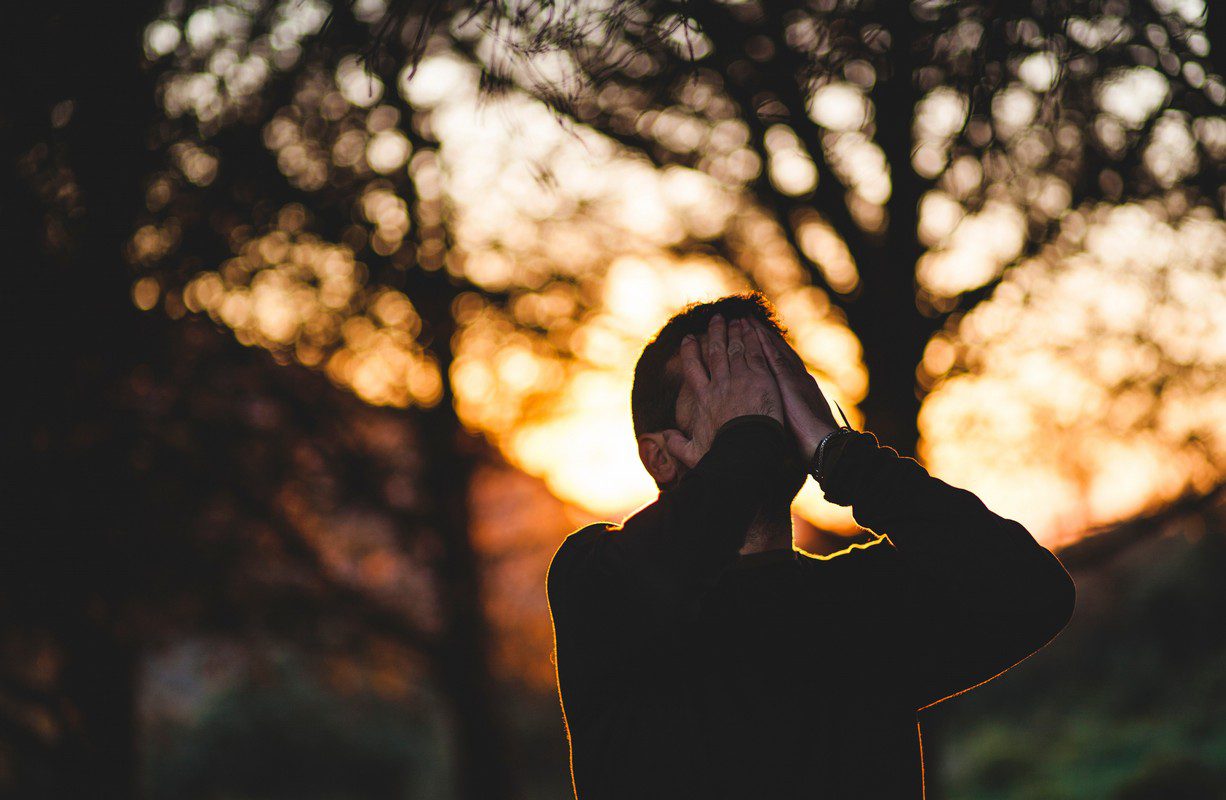7 Reasons To Seek Addiction Treatment
Substance use disorder, which is more colloquially known as drug addiction, is a serious mental...
toll free: 844.955.3042
local tel: 561.464.6505
fax: 561.450.6637
info@recointensive.com
RECO Intensive
140 NE 4th Avenue
Delray Beach, FL 33483
When drug addiction and mental illness occur at the same time, they present with an intertwined set of symptoms. Either illness might develop first, or it might be difficult to determine where self-medication turned into a self-fulfilling cycle of addiction. RECO Intensive’s Florida drug rehab center and outpatient treatment programs addresses these co-occurring conditions simultaneously to guide patients to lasting recovery.
This complex set of challenges is referred to as comorbidity, co-occurring disorders, or dual diagnosis. Understanding this condition and how it develops is essential to creating a comprehensive treatment plan that will provide complete healing.
A recent national survey found that almost eight million people in the United States have experienced a mental illness and addiction disorder at the same time.1 Prior to the 1990s, people struggling with these conditions were given “sequential treatment,” meaning they were not given treatment for one disorder until the other one was resolved. Typically, the mental illness went untreated unless or until the substance addiction was conquered.
Outcomes of sequential treatment were poor because these illnesses feed on one another. Even in recent times, most of the people (55%) who have dual diagnosis do not obtain treatment for either condition. Only 7.4% receive effective care for both diseases in dual diagnosis treatment centers.2 These low rates of treatment may lead to very low rates of recovery for those dealing with two or more challenges at once.
Many of the mental disorders described in the American Psychiatric Association’s Diagnostic and Statistical Manual of Mental Disorders (also called the DSM-5 Manual), can co-occur with identified addiction disorders. The DSM-5 lists the following addictive disorders as specific types:
When treating these types of addiction in an intensive outpatient treatment program, the following recognized mental disorders are commonly present and require targeted treatment which may include medication:
The mental health issues addicts may experience are caused by the same types of genetic, chemical, and situational factors that lead to substance abuse. These might include:
The brain chemistry differs for those suffering from mental illness compared to those who do not have a mental illness; this is especially true when the mentally ill person is exposed to drugs or alcohol. Mental illness predisposes many people to addictive behaviors, by causing chemical imbalances, mood swings, and unexplained cravings for alcohol or illicit substances. Until the underlying condition is treated, it will be difficult to maintain sobriety.
These conditions may be temporarily relieved with drugs or alcohol, but the short-acting effect of these substances leads to increased dosages and continual use. These disorders are characterized by low levels of certain brain chemicals, but they have a variety of root causes, both physical and situational. For example, trauma or abusive relationships may lead to PTSD and a cycle of numbing or sedating drug use.


On the upswing of a bipolar cycle or while under the influence, patients have lowered inhibitions and poor decision-making abilities, leading to risky behavior, increased or experimental use, and possible legal or relationship consequences. These mental states might be momentarily pleasurable, but they indicate abnormally high brain chemical levels, which can inhibit the body’s natural production of these essential substances.
Panic attacks, fatigue, insomnia, and a variety of other mental/or physical health issues can lead to self-medicating with illicit substances in an attempt to find relief. However, drug abuse inevitably leads to greater anxiety levels and deeper depressive episodes, due to the chemical letdown and the negative life effects on personal health, relationships, and career.
If the mental health condition occurs first, prescriptions may be provided to lessen the symptoms, which may lead to the addictive use of these substances. A diagnosis of anxiety disorder might lead a prescription for sedatives, which can lead to addiction, as one example. Stimulants used to treat attention-deficit/hyperactivity disorder (ADHD) may also trigger addiction in some patients. Identifying these tendencies and developing a plan to treat mental illness with non-addictive medications and therapies may be a critical first step to successful recovery.
A person challenged with a mental health issue and addiction may also have physical health issues which result from either or both of these causes. Those with dual diagnosis may be at increased risk for:
Diagnosing and treating these physical conditions is another important factor to consider when planning an integrated intervention strategy and treatment plan. Some of the recommended lifestyle changes may include:
Intensive outpatient therapy takes into account the needs of the entire person when deciding how to best treat addiction. Our Florida drug rehab centers include mental health professionals on staff to provide a comprehensive treatment option that addresses all conditions simultaneously.
Treatment programs which are sequential or separate are historically ineffective at providing a complete integrated plan and holistic healing.2 While an accurate diagnosis of all presenting conditions is essential, effective treatment on all fronts under one united program will have the greatest impact on overall wellness and produce lasting positive outcomes.
The advent of treatment centers for dual diagnosis is a step forward for the treatment of co-occurring disorders and addiction. By creating a weekly plan that includes individual and group therapy, as well as ancillary programs and medications as appropriate, an intensive outpatient program will provide parallel treatment of both mental health and substance abuse disorders.
This comprehensive approach includes intensive therapy with a psychiatrist or psychotherapist in a one-on-one setting to fully address not only the symptoms but the root causes of depression, anxiety, and addiction. Family plays a key role in this treatment program with partners, children, and other supportive family members being included in group meetings or counseling sessions.
By dealing with the root causes and contributing factors of these disorders, a complete healing experience is possible. No single medical condition defines a person. Identifying and addressing all the causative factors behind addiction is the best path to lasting change.


One of the leading treatment centers in Florida is RECO Intensive, providing a comprehensive and integrated intensive outpatient program to foster overall health and restore lives. Located in Delray Beach, our outpatient facilities are a convenient option for Boca Raton residents. Guiding the way to sobriety with empathy and understanding, our teams are waiting to help.
An individualized treatment plan should be tailored to the individual it seeks to support and treat all contributing conditions as part of therapy. The transition to full recovery requires patience, self-awareness, and a strong support system. We provide the right environment and resources to guide you or your loved one on this life-changing journey.
Let us get to know you and the complex situation around you. Together, we will change the future and heal the past, bringing the joy back to your life with the balance of mental, physical, and spiritual wellness restored. Chat with our team now or fill out the contact form to find the answers you want and the understanding you need to find your way forward.
Sources: